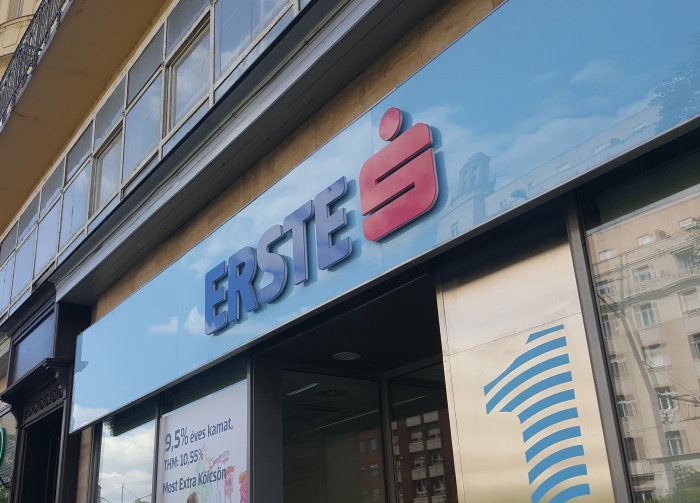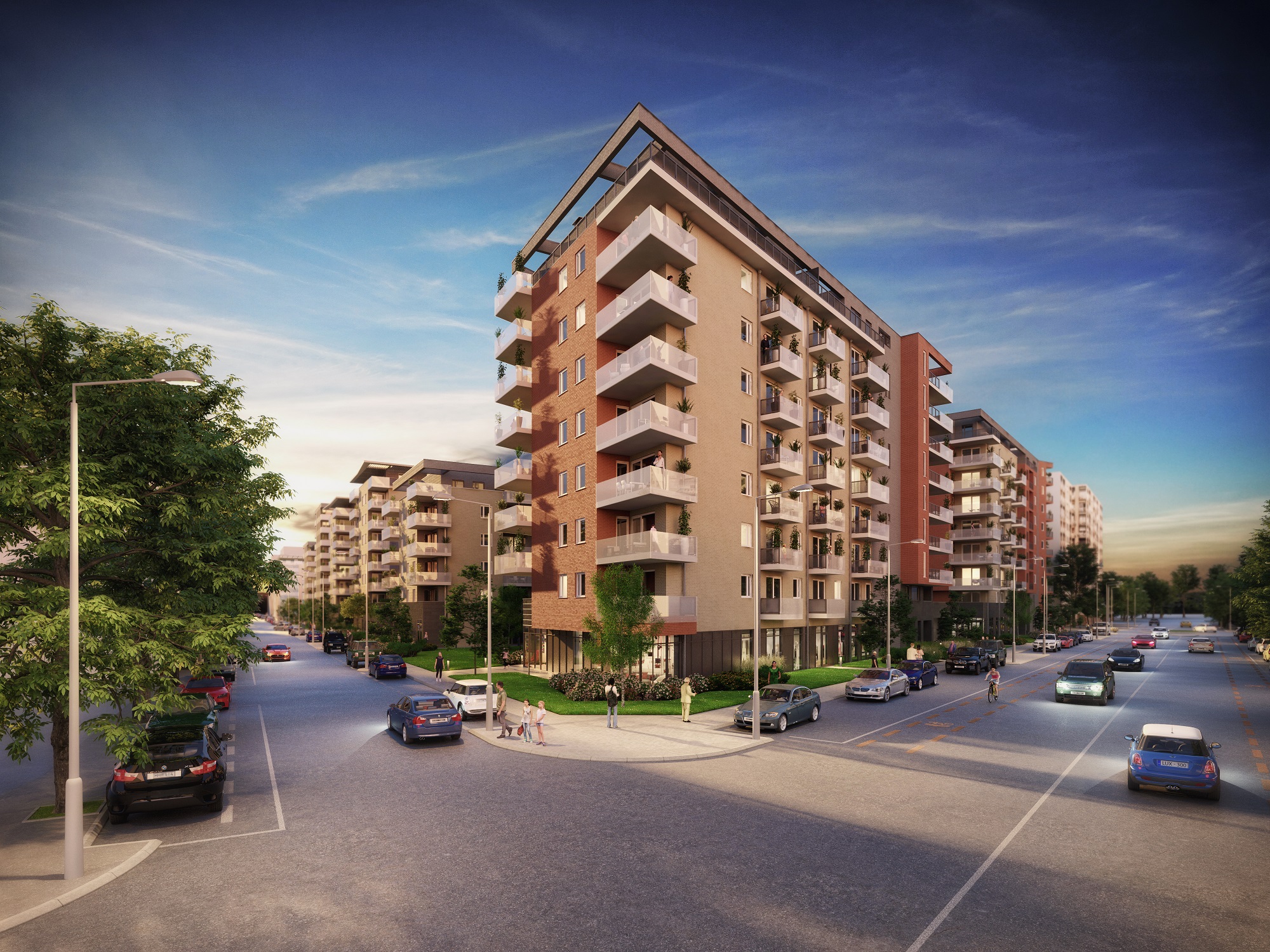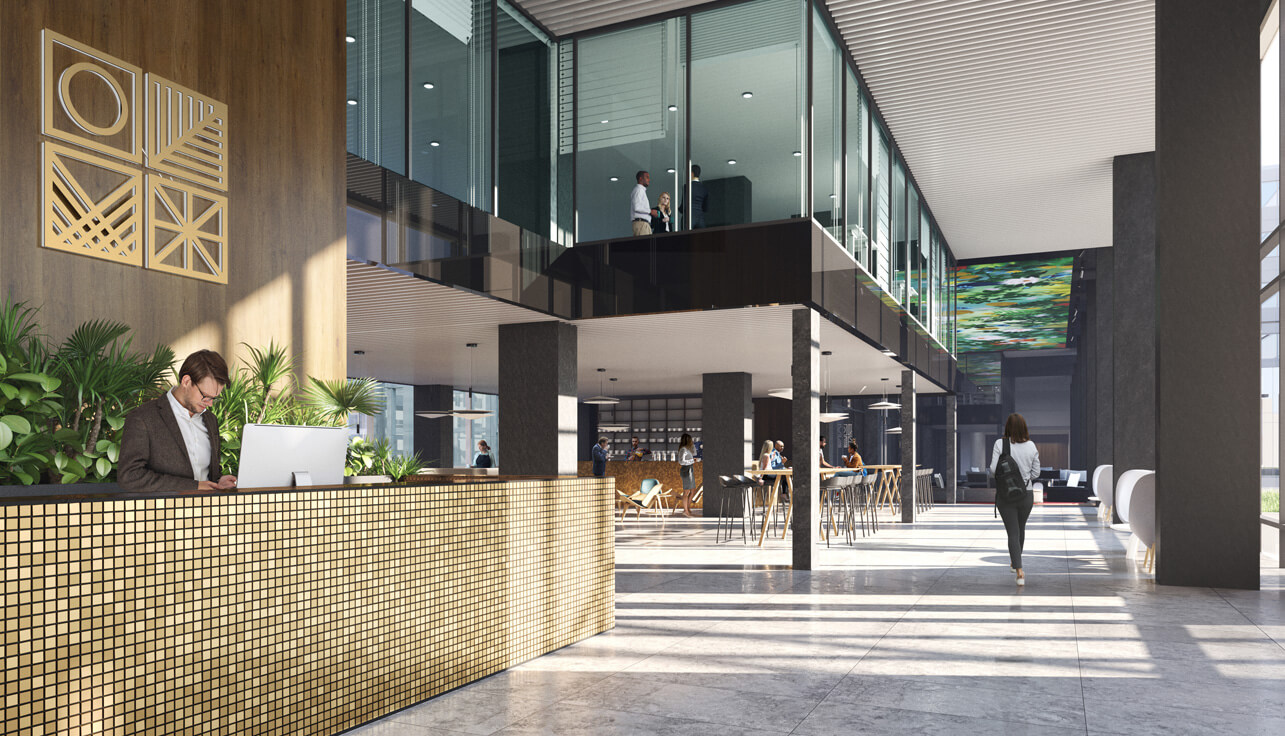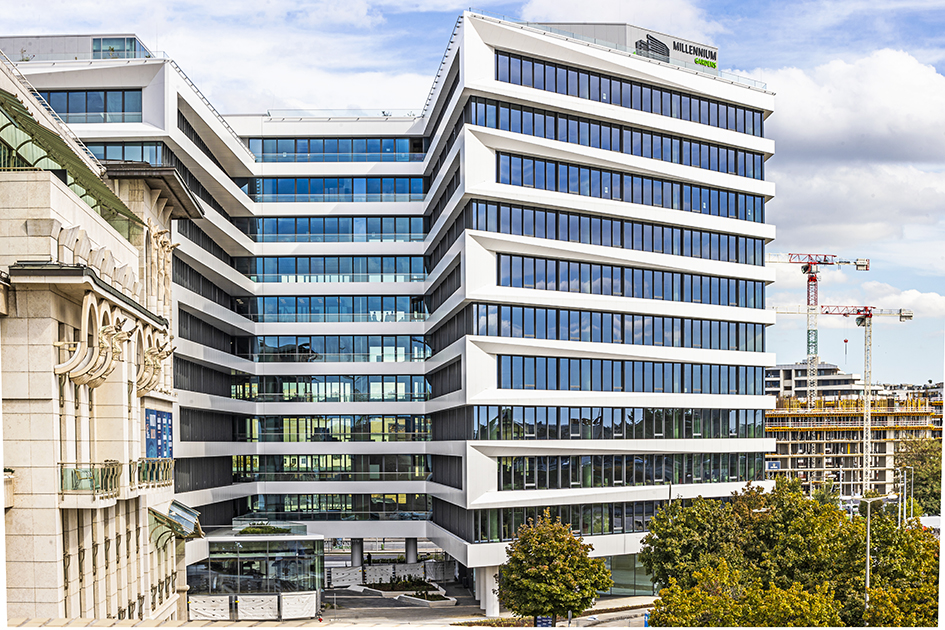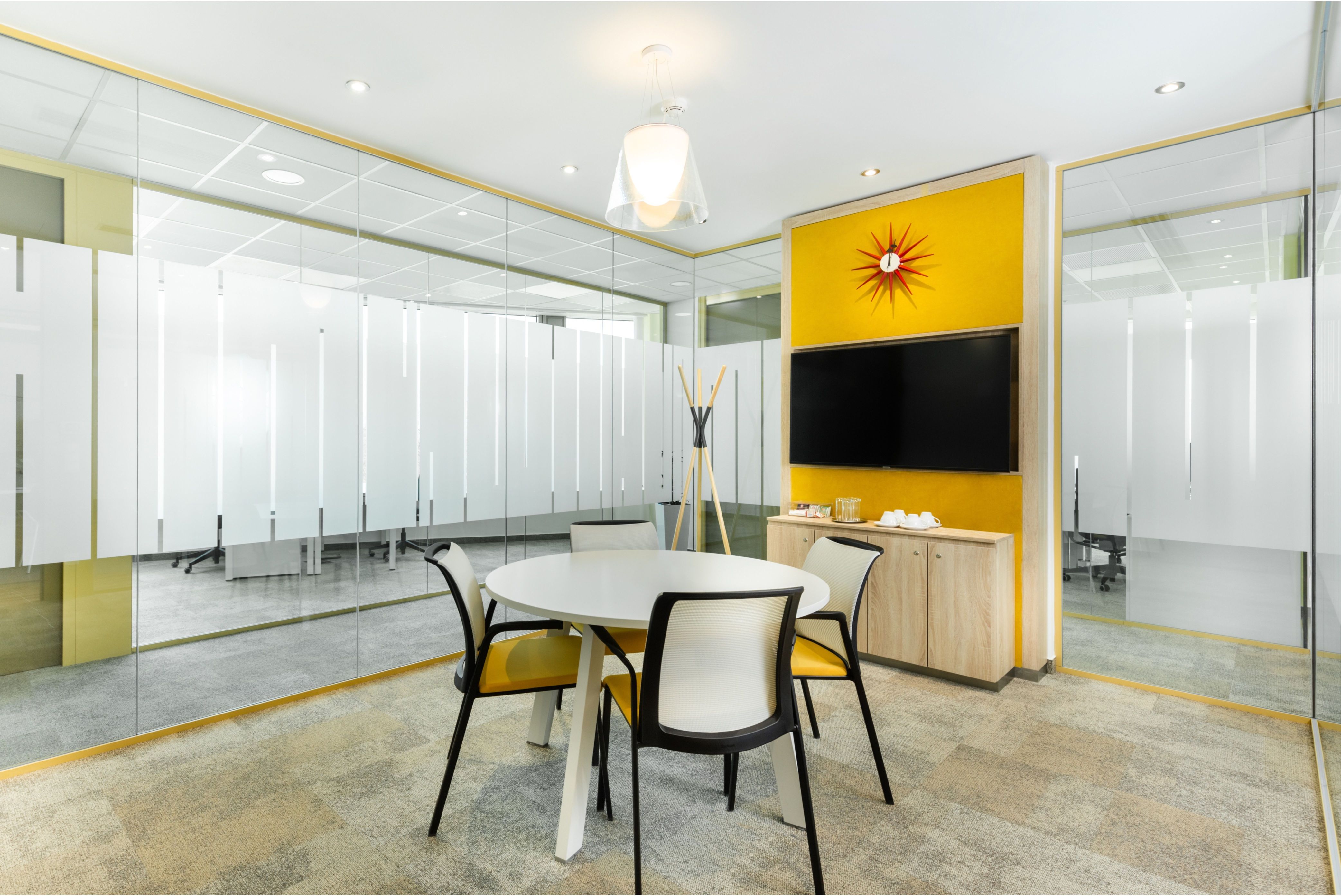InfoGroup: Built on Time, and Built-to-suit

Balázs Czifra
The privately held Hungarian real estate developer InfoGroup is pursuing what it says is a distinct strategy compared to many of its competitors in the Hungarian market.
“We are not active in the Budapest industrial-logistic market, which is the largest in Hungary. We rather think of ourselves as a regional player, which means in our case that we are active in central and eastern Hungary,” explains Balázs Czifra, director of sales, asset management, and business development at InfoGroup.
If you want to pin that more precisely on the map, the developer is operating in Kecskemét (about 90 km southeast of Budapest by road), near the Mercedes factory, in Miskolc (180 km northeast of the capital), at Polgár (178 km northeast), Tiszaújváros (176 km northeast), and Karcag (170 km east).
“In our case, we are operating within our landbank. The first thing we do is acquire a site, as we did in Kecskemét,” Czifra notes. Indeed, seeing the likely need for component suppliers to be near the Mercedes factory, InfoGroup built up what the director says is the largest landbank around the city, although it has since sold some of that off.
“We create an industrial park environment. So, like many of the cities around Hungary in the past, we buy land and then create a practical industrial zone. What we do extra is that we usually go ahead with planning a ‘speculative’ building, a standard-use industrial hall, that we often complete for letting purposes. Otherwise site purchase, BTS [built-to-suit], BTO [built-to-order] solutions are also possible.”
Speculative and BTS Developments
Effectively, InfoGroup’s approach combines speculative and built-to-suit strategies, as its “standard” building design can be made more specific once a client is onboard.
“Built-to-suit, in our case, is not meant to be an absolutely tailor-made building. Our BTS concepts are typically converted from a standard logistics building, adding some elements that serve assembly or manufacturing operations, or a larger ratio of social or office elements if required,” the director explains. The alternative use and re-letting potential is a key consideration factor.
It is a flexible approach that, Czifra says, finds plenty of uptake. “There’s a real, I would say, hot market currently in Hungary, simply based on the fact that automotive and e-mobility are currently the top and fastest developing industries in the country.”
The obvious magnates are Mercedes in Kecskemét and BMW in Debrecen in automotive, but there are others.
“Geely’s [Volvo] recent choice of the Kosice area in Slovakia to set up an electric manufacturing plant may, for example, impact Hungarian markets, like Miskolc, which is practically an hour’s drive away.”
Tight Delivery Times
InfoGroup is providing a facility for the largest employer in Miskolc. It will be only 12 months or so since the contract was first signed by the time it is handed over. The developer’s approach is as timely as it is flexible, which is an important consideration.
“Many currently active requirements in Hungary have a very tight schedule because the large manufacturers dictate to OEMs and other suppliers. The deadlines for BMW and Mercedes for example are all set for active production starting mid-2025 or so, and supplier operations should be started a year or nine months beforehand.”
But those tight time frames do not mean a future tenant should worry about the level of ESG compatibility.
“All companies we come across realize that they need to provide a facility that serves the workers on the shop floor and secures a level of comfort for them. We provide a proposal that already includes heating and cooling of the whole area, for example. I highlight that as just one example of a general ESG implication. We design our buildings above the current standards and regulations.”
Czifra does not claim his company has pioneered this method, but while it was previously a niche approach taken by a few local developers, more significant players are beginning to see its advantages. What sets InfoGroup apart is that it does not sell on its buildings once completed and let.
“We are long-term holders of our properties in all our locations, so it’s somewhat easier for us to make more specialized, more tailor-made buildings.”
This article was first published in the Budapest Business Journal print issue of March 24, 2023.
SUPPORT THE BUDAPEST BUSINESS JOURNAL
Producing journalism that is worthy of the name is a costly business. For 27 years, the publishers, editors and reporters of the Budapest Business Journal have striven to bring you business news that works, information that you can trust, that is factual, accurate and presented without fear or favor.
Newspaper organizations across the globe have struggled to find a business model that allows them to continue to excel, without compromising their ability to perform. Most recently, some have experimented with the idea of involving their most important stakeholders, their readers.
We would like to offer that same opportunity to our readers. We would like to invite you to help us deliver the quality business journalism you require. Hit our Support the BBJ button and you can choose the how much and how often you send us your contributions.


